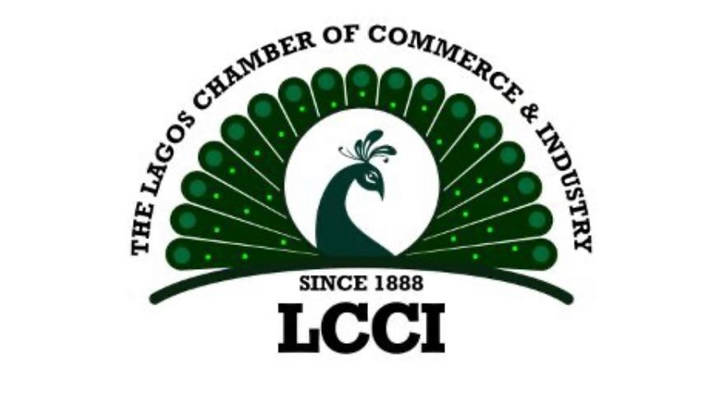Paragraph 1: Introduction and Context
The Lagos Chamber of Commerce and Industry (LCCI) has vehemently opposed the newly implemented 4% Customs processing charge, officially known as the Comprehensive Import Supervision Scheme (CISS), decrying its abrupt enforcement and the lack of prior consultation with stakeholders. This charge, effectively a Free On-Board (FOB) valuation on imports, took effect on Tuesday, sparking immediate concern and criticism from the business community. The LCCI argues that this sudden implementation adds yet another layer of financial burden on businesses already grappling with a multitude of economic challenges, including multiple taxation, high interest rates, forex scarcity, and persistent inflation. The chamber has called for immediate suspension of the charge and a structured sensitization process to inform stakeholders and prepare them for its eventual implementation.
Paragraph 2: Legal Basis and Lack of Consultation
While acknowledging that Section 18 of the Nigeria Customs Service (NCS) Act 2023 provides the legal basis for the CISS charge, the LCCI emphasizes the critical omission of stakeholder engagement, a requirement clearly stipulated in Section 23 of the same Act. The absence of prior notice to key players in the import-export ecosystem, including importers, exporters, freight forwarders, and clearing agents, underscores the government’s failure to adhere to its own legal framework and follow due process. This lack of transparency and consultation contravenes established best practices for policy implementation and fosters an environment of uncertainty detrimental to business operations and investor confidence.
Paragraph 3: Exacerbating Existing Economic Pressures
The LCCI contends that the new levy significantly exacerbates the already precarious economic situation faced by businesses. Existing pressures like high interest rates, forex scarcity, and persistent inflation have significantly hampered business operations. The chamber highlights the compounding effect of the planned 50% hike in telecom tariffs and the escalating logistics costs attributed to rising energy prices. These cumulative factors create a challenging business environment, and the introduction of the CISS charge further burdens an already strained private sector. The LCCI argues that this move is counterproductive and risks stifling economic growth.
Paragraph 4: Contradicting International Best Practices and Policy Objectives
The LCCI asserts that the abrupt imposition of the CISS charge deviates from established international best practices, which emphasize stakeholder engagement and transparent policy implementation. The sudden enforcement has triggered disruptions in business operations, increased transaction costs, and fueled uncertainty in the trading environment. Furthermore, the LCCI questions the rationale behind the new levy, particularly given the NCS’s substantial revenue collection in 2024, exceeding its target by over a trillion Naira. The chamber argues that this robust revenue performance should be channeled towards improving port infrastructure, automating processes, and creating a more conducive business environment rather than imposing additional financial burdens on businesses.
Paragraph 5: Potential Negative Consequences and Call for Withdrawal
The LCCI warns that the new charge could lead to a cascade of negative consequences, including port congestion as traders and clearing agents hesitate to process shipments. This potential slowdown could disrupt supply chains and further exacerbate existing economic challenges. The chamber emphasizes the detrimental impact of uncertainty and controversy on the business environment and urges the NCS to immediately withdraw the CISS charge. Furthermore, the LCCI advocates for future trade policies to be implemented through inclusive and transparent processes, ensuring that stakeholders are adequately informed and consulted.
Paragraph 6: Wider Private Sector Opposition and Alignment with Inflation Reduction Goals
The LCCI’s concerns are echoed by other prominent members of the private sector, including Dele Oye, Chairman of the Organised Private Sector of Nigeria (OPSN) and President of the Nigeria Association of Chambers of Commerce, Industry, Mines, and Agriculture (NACCIMA). Oye has publicly called for the suspension of the charge or an exclusion for the productive sector, emphasizing the potential for increased production costs and its contradiction to President Bola Tinubu’s directive to reduce inflation to 15%. This unified opposition from key private sector organizations underscores the widespread concern over the CISS charge and its potential to undermine economic growth and stability. The private sector’s collective call for a reconsideration of the policy reflects the urgent need for a more consultative and strategic approach to trade policy formulation and implementation in Nigeria.














